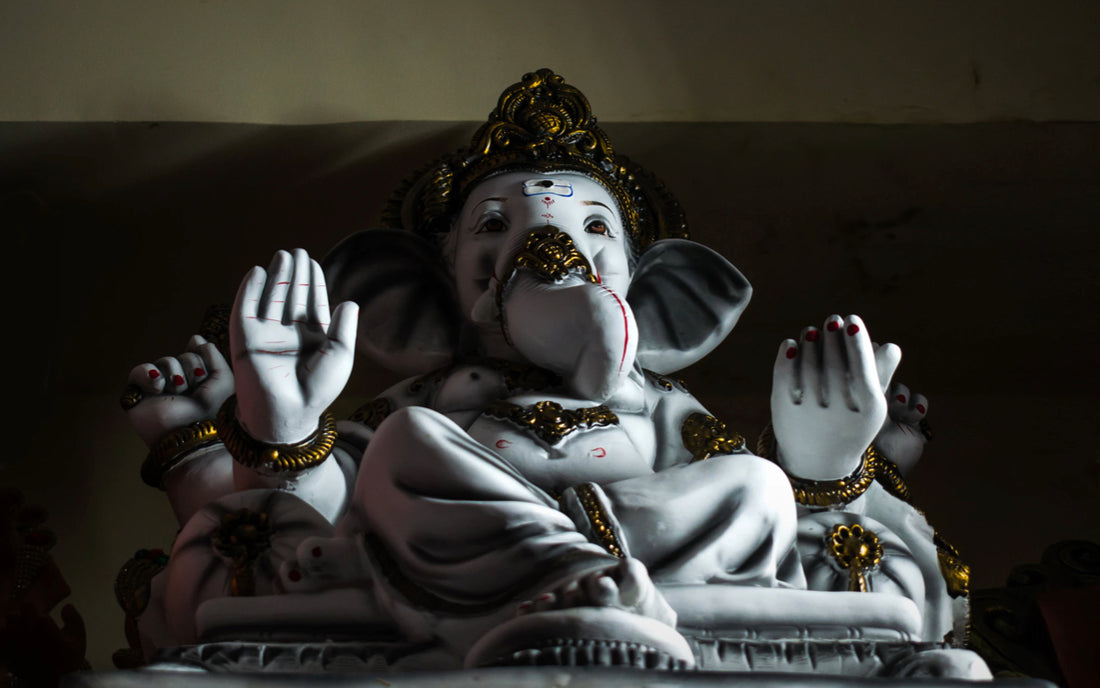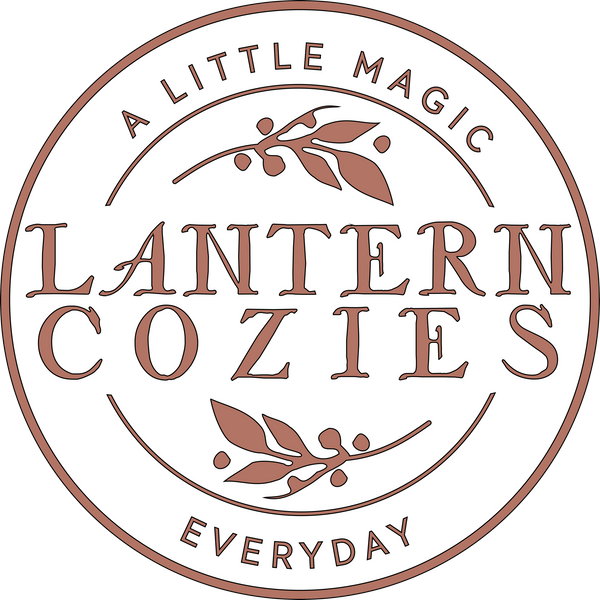
More on the Festival of Lights - Diwali
Photo above is by Sonika Agarwal
What a beautiful autumn day it was today and I was off to town to meet a friend and drop in on Meenia. I refer to Meenia in the blog all the time and so maybe a quick photo is in order.

I want to get a better idea of Diwali - of course I can go to Wikipedia, but those are just facts, what is it like? What does she remember from being a kid. I can recall my sister and I so excited for Christmas we were in bed and just couldn't get to sleep. We were just bouncing and couldn't stop. Was it like that for her?
So the first thing she told me was that her background is both Sikh and Hindi and Diwali is celebrated by both. Interesting..... what else? And yes, she was super excited just like her kids are now. She especially liked getting ready for the festival... which really reminded me of my childhood Christmas baking with my mum and grandmother and cleaning..... tons and tons of cleaning.
There was also the visiting. We had parties leading up to Christmas but she recalled all the visiting through the festival. We laughed about same same, but different.
In any case you can read more specifics below:
You can find the lantern Meenia and I co-designed for Diwali here
Diwali is a special day in India, it's a time for fun, food, and fireworks and it's about shining a light on good things.
The Festival of Diwali
Diwali, also known as Dipawali, is India's most significant holiday, celebrated by Hindus and non-Hindus alike. The festival's name is derived from the Sanskrit words "deepa" (lamp) and "avali" (row), symbolizing the inner light that dispels spiritual darkness.
The Significance of Diwali
Diwali is a five-day celebration that marks different events in various regions of India. In the north, it commemorates King Rama's return to Ayodhya after defeating Ravana. In the south, it celebrates Lord Krishna's victory over the demon Narakasura. In the west, it marks the day Lord Vishnu sent the demon King Bali to the nether world.
The Five Days of Diwali
The festival is celebrated over five days, each with its own unique traditions:
- Day One: Homes are cleaned, and people shop for gold or kitchen utensils to bring good fortune.
- Day Two: Homes are decorated with clay lamps, and intricate designs called rangoli are created on the floor using colored powders or sand.
- Day Three: Families gather for Lakshmi puja, a prayer to Goddess Lakshmi, followed by feasts and fireworks.
- Day Four: The first day of the new year, marked by visits from friends and relatives with gifts and best wishes.
- Day Five: Brothers visit their married sisters, who welcome them with love and a lavish meal.
Celebrating Diwali
Diwali is a time for good food, fireworks, and merriment. People create beautiful patterns on the floor using colored powders or sand, and families come together to share sweet treats and celebrate the victory of good over evil.
The Common Theme
Despite regional variations, the core theme of Diwali remains the same: the triumph of light over darkness, good over evil. This universal message is at the heart of India's most beloved festival.
